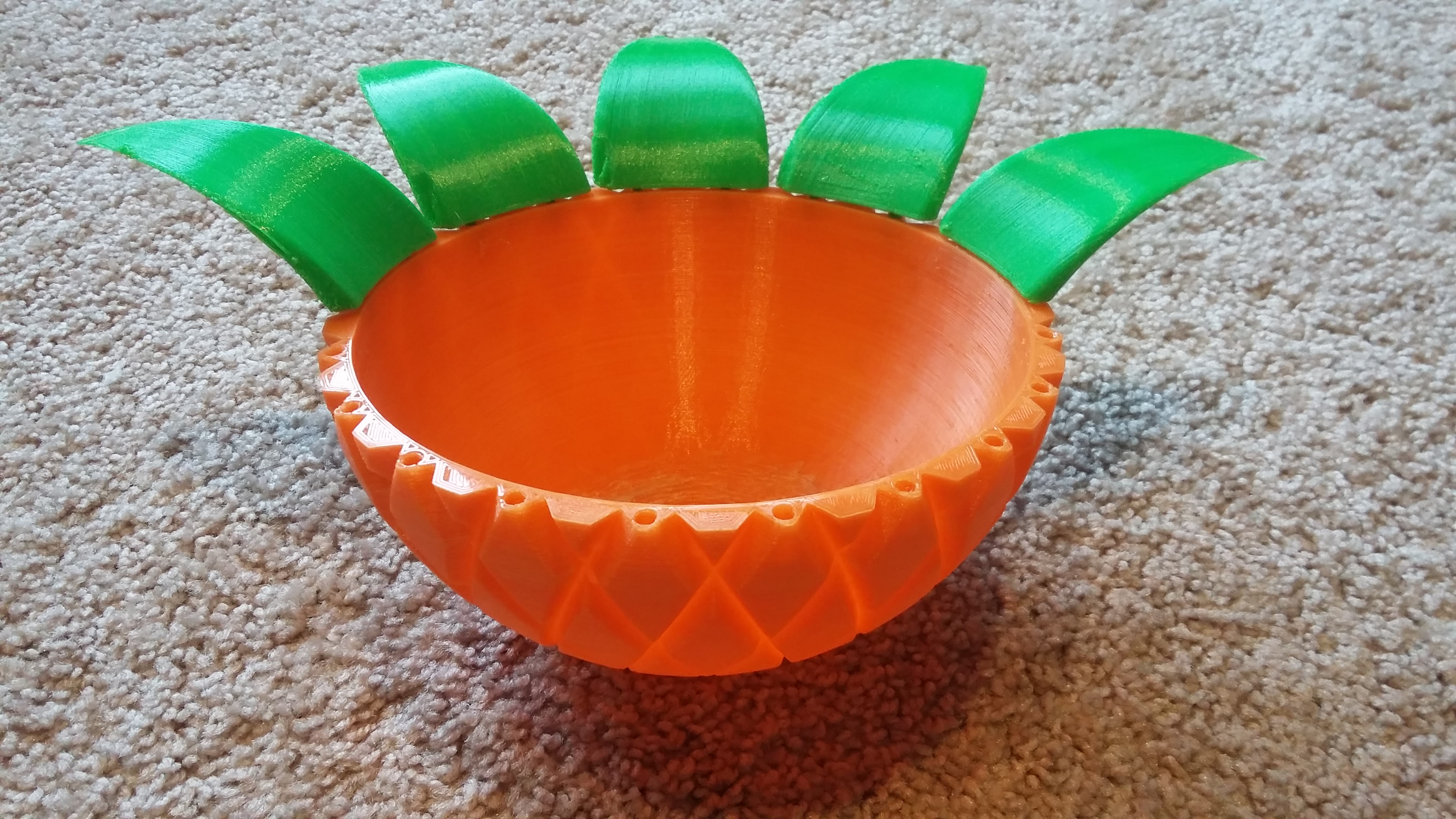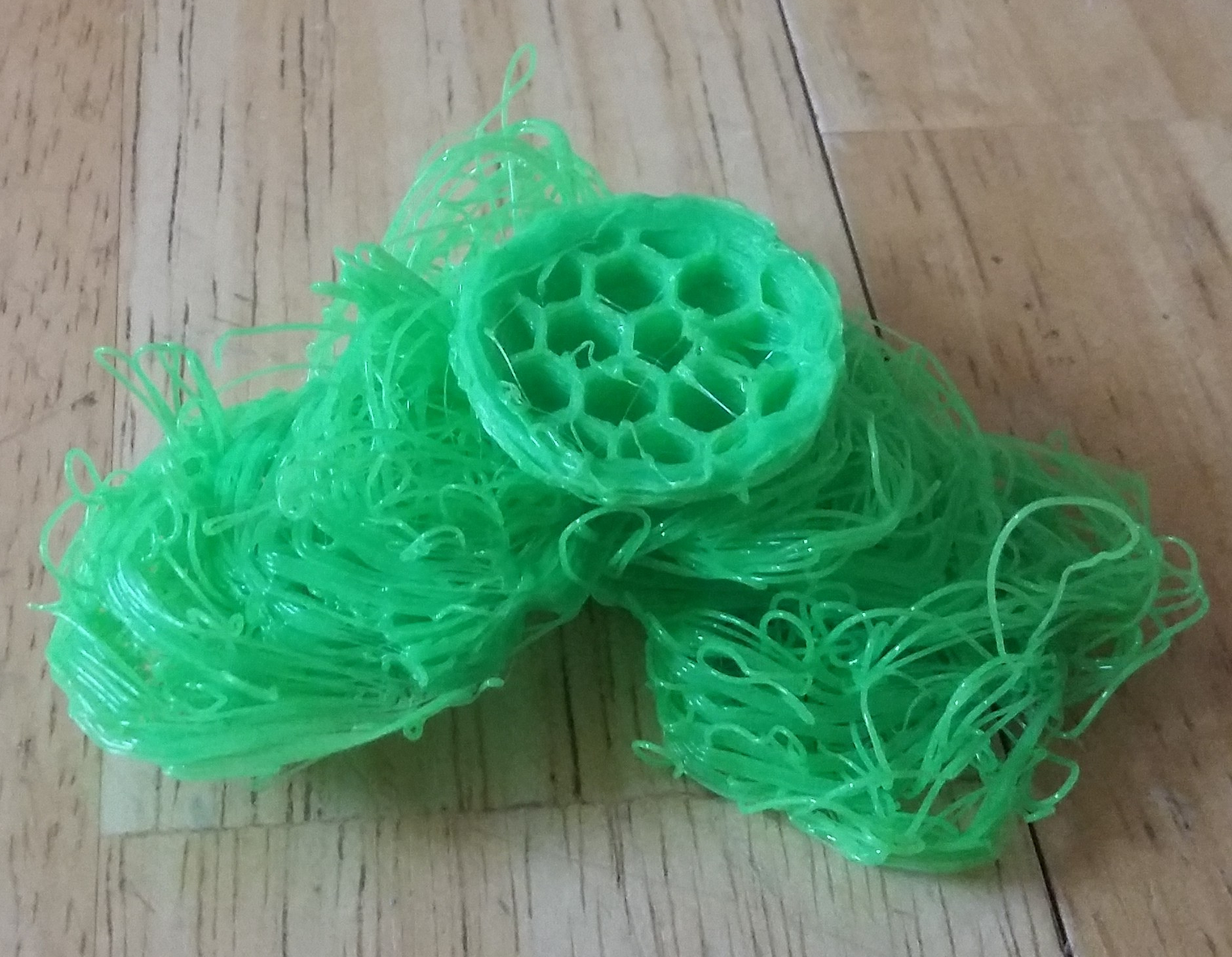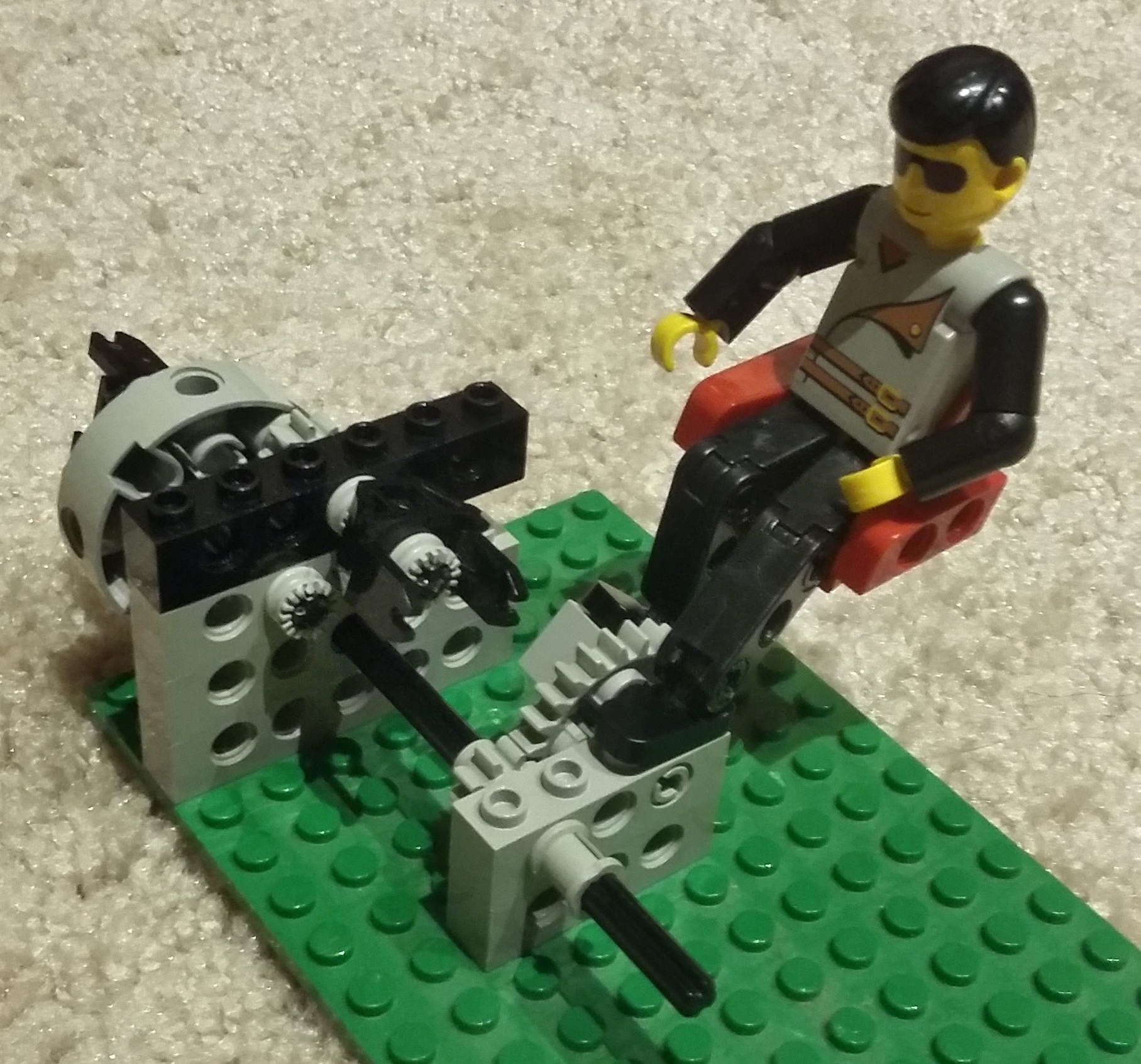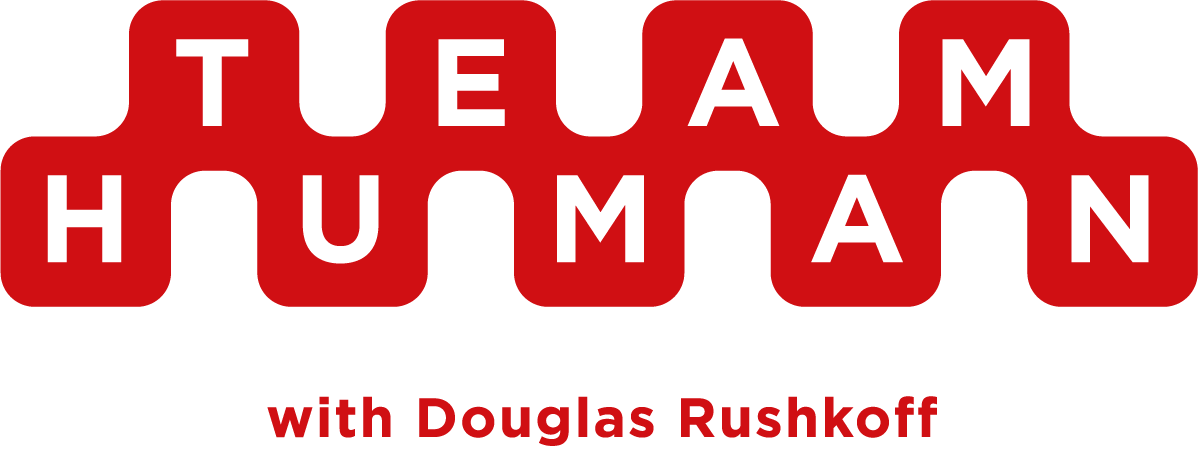Solarpunk Station is the proud owner of a new 3D printer! I am hoping to use it to produce useful objects as well as provide insights on how distributed manufacturing relates to solarpunk. This should be the first of many articles related to additive manufacturing.

TL;DR: 3D printers have a lot of promise to disrupt manufacturing of household goods, but don’t get one yet if you’re not ready to tinker.
Most consumer 3D printers are basically a hot glue gun that uses plastic filament instead of glue sticks. A nozzle is suspended above a platform and computer-generated files are fed to the machine where it deposits plastic layer by layer to form a 3D object. There are other types of 3D printers that use UV light and/or lasers to form objects layer by layer from vats of goo or powder, but the basic idea is the same.
The main advantage of 3D printing is how it changes people’s mindset in relation to goods. If you spend some time on Thingiverse or Youmagine you’ll see people openly sharing things they’ve designed with each other. There are also some marketplaces like Cults3D that include a section for designs for sale, but the bulk of current design work is open. We’re moving from distributed, open software development like Linux and Firefox to distributed and open development of physical items.

The orange part of the bowl took 30 hours to print. The leaves each took about an hour, so there’s ~35 hours of print time here. Total time was over 40 hours once all 10 leaves were finished.
Remixes take the open nature of 3D printable designs to the next level. People can adapt a previous design to a different device, or take a part and make it better, stronger, or faster to print. Since so many files are open source you’re free to adapt an item to your needs. I can’t count the number of times I’ve thought that something I’d purchased was pretty cool except for one issue that I repeatedly turned over in my head. Without an easy way to make a replacement part, I was stuck with it. Now with a 3D printer, I can download a design, change anything I don’t like and upload my remix for others to find. While watching a part print can feel excruciatingly slow at times (the pineapple bowl took almost two days at 130% size), making something and being able to iterate on the design is still much faster than with most other methods.
These remixes extend to things you already own too. While I can’t print a replacement saucepan yet, I can repair or improve a lot of objects around the house. There’s a great subreddit for functional prints with lots of cool ideas, and Thingiverse has a pretty big section for replacement parts. DeskGrown is a new company that sells parts that can’t be printed for their designs and gives away the printable files for free. They have a clock and a set of headphones so far. I think we’ll see more of this hybrid model popping up since desktop 3D printers are limited to plastics at the moment.
While to some extent, 3D printing is over-hyped, I think it will be one of the critically enabling technologies for a solarpunk world. Not everything can be 3D printed, but a lot of everyday objects can be, meaning you can ship 1 kg of filament to your house and make several things for the same amount of packaging, cost, and environmental waste you would have for one item before.
The two main drawbacks of 3D printing are the learning curve and generation of plastic waste. As a beginner, I have had several failed prints. I believe the number of failed prints will go down considerably as I get more experience with the printer, but 3D printing is still not a zero waste manufacturing process. I am keeping failed prints and other scraps in a bag in hopes that I will be able to reprocess it into fresh filament in the future.

This doesn’t look like a cat ball…
The plastic I have been printing is PLA (polylactic acid) which is a bioplastic made from various plant-based sources. It is biodegradable and can be recycled in a closed loop back to virgin material standards, making it one of the few Cradle-to-Cradle plastics available. Many other materials are available for 3D printers including ABS (often used in car parts), PET (soda/water bottle plastic), wax for metal casting molds, and TPU (flexible/rubbery plastic). With such a wide variety of materials available, it’s difficult to determine the exact environmental cost of 3D printing. If PLA were able to sate everyone’s needs, then we wouldn’t have the Great Pacific Garbage Patch, but every material has it’s strengths and weaknesses, so that isn’t the case. On a bright note, PLA is one of the easier plastics to print with, so it has one of the highest adoption rates in the community.
We’re a long way away from the ease of use of the replicator in Star Trek. Using a 3D printer requires a lot of fine tuning and trial-and-error. I imagine the off-the-shelf solutions are better than kits, but 3D printers are still a large time investment. We’ll probably get to the point where you can buy one that just works, but as of now, a 3D printer requires a lot of time to get really good results.
If you’re the kind of person who likes to build your own computers or work on bicycles and really know what’s going on with the machines you’re using then I definitely recommend getting a kit. Otherwise, you’re probably better off finding someone locally with a printer on Make XYZ, Hubs, or getting a design printed straight from Thingiverse or Shapeways. In fact, you may want to reach out to local 3D printer folk even if you do want to get a printer yourself. Most people who are 3D printing are glad to share their opinions on different models as well as tips and tricks to get better results. There may even be a Meetup in your area.
3D printers will play a role in distributed manufacturing along with CNCs, laser cutters, and other machine tools. We’re a long way away from asking Alexa to make “Tea, Earl Grey, hot,” but we may get there eventually. The space has moved very quickly over the last ten years, and I expect the next ten will be equally exciting.
Do you have a 3D printer or know someone who does? Are there any solarpunk ideas that are particularly well suited to 3D printing you’d like to see us explore? Sound off below!












